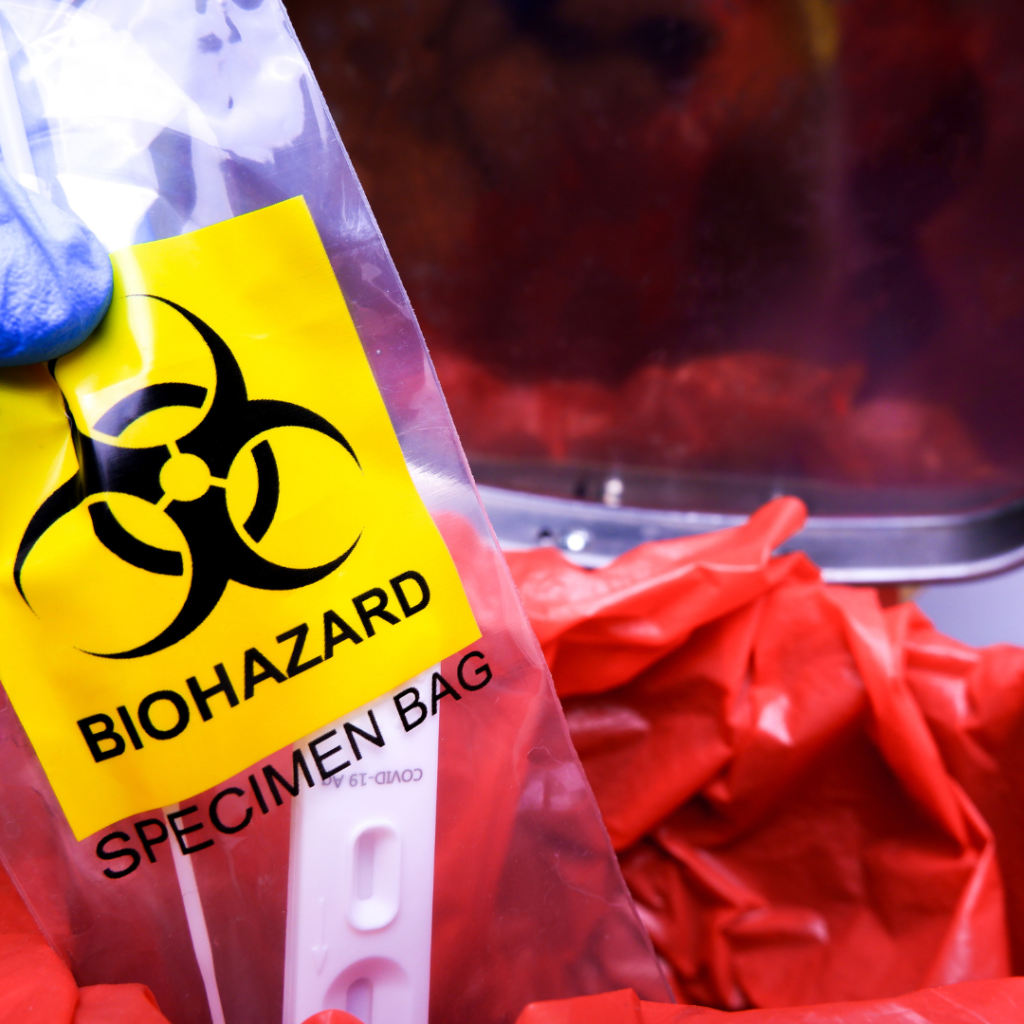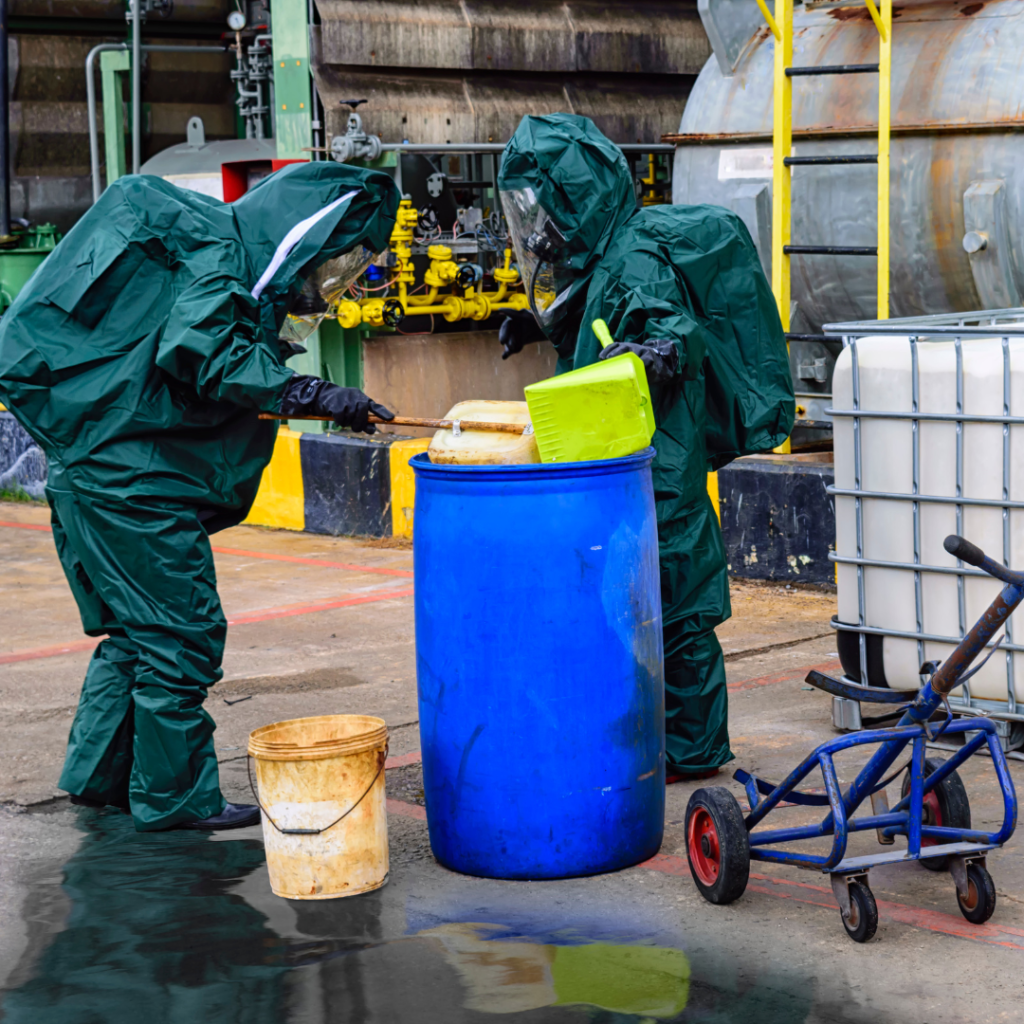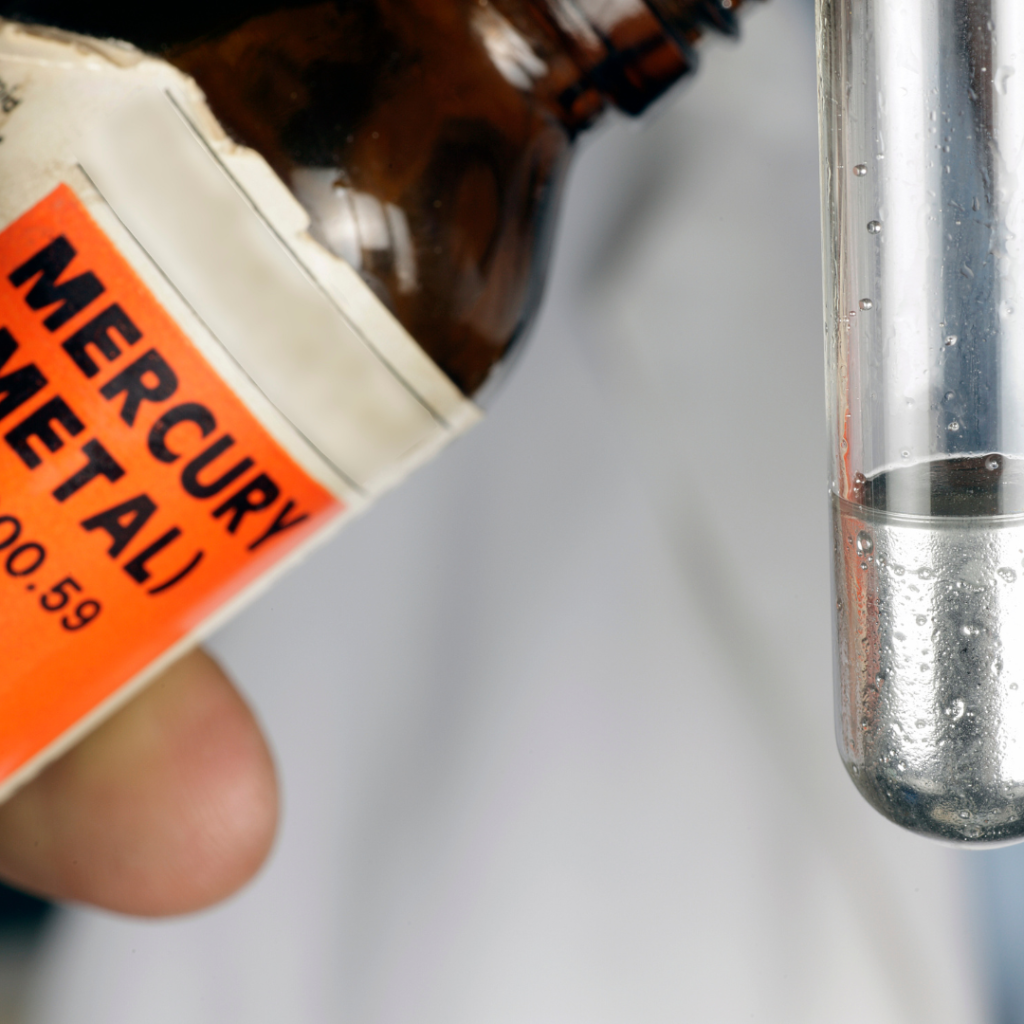The Effect of Improper Hazardous Waste Disposal on The Environment
Tons of hazardous waste materials are disposed of every day, and unfortunately, many of them are not appropriately handled. This improper handling will come back to haunt us through the damage it causes to the environment where we live and to our health. Waste from the small candy wrapper to the container of radioactive waste […]
The Effect of Improper Hazardous Waste Disposal on The Environment Read More »









